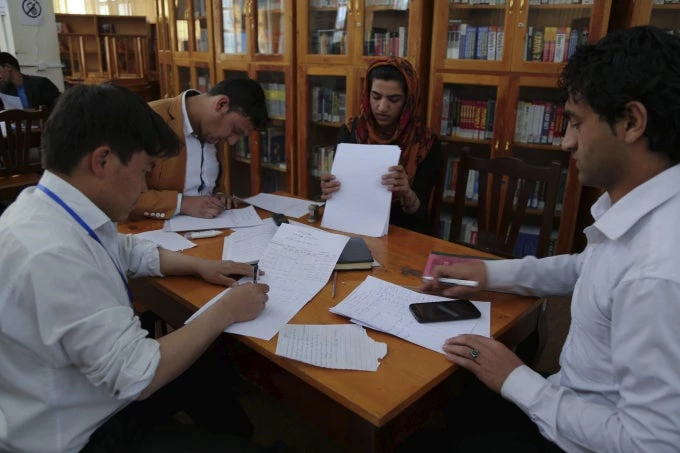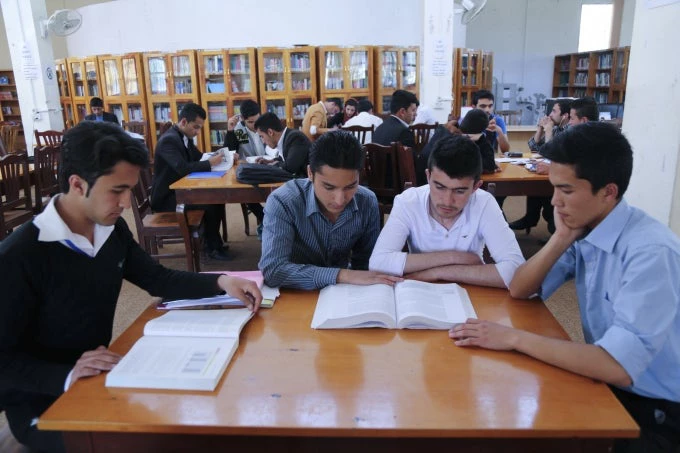
Armed with only a high school certificate, Daoud Shah Noor, 42, started working at the Ministry of Finance in 2012. The sole supporter of his family, he was unable to attend university because of prohibitively high tuition prices. Just four years on, Daoud is studying for his Master’s degree at the Dunya University, where he had graduated with a Bachelor’s degree in Business Administration.
“Before university I was not professional in my work. Now I am doing the job more professionally and in a better way,” says Daoud, who comes from Parwan Province. Daoud is a beneficiary of the Public Financial Management Reform (PFMR), a project that aims to strengthen public financial management through effective procurement, treasury and audit structures, and high standards of financial monitoring, reporting, and control.

In my five years of experience working with the project, I have seen its dramatic impact on the capacity of Ministry of Finance staff and quality of work we produce. “It changed my life and allowed me to make more money and work in higher positions in the Ministry of Finance,” says Daoud. “Now I can make and implement the plans very easily.”
The PFMR project, currently in its second phase, is supported by the Afghanistan Reconstruction Trust Fund (ARTF), which is administered by the World Bank. The project started in August 2011 and is scheduled to operate through 2017.

Reflecting on my work with the PFMR project, I feel very proud to be part of such a project. Providing the opportunity for people to study and learn new things is one of the strongest parts of the project. Most of the Ministry employees who didn’t have a degree before the project now hold Bachelor’s or Master’s degrees, and have greatly improved their caliber of work.
They do better work, earn more money to support their families and, most importantly, enable the ministry to better help our country. “This project has helped me a lot, and we are delivering our services for people better than in the past,” says Sher Shah. The long-term impact of this project is to reduce corruption and bolster the effectiveness of the ministry. We are well on our way.

Join the Conversation